Symposia
Exercise is Medicine: Translating Science into Action
WE CARE Speaker Series, Fall 2024
6 p.m. Thursday, Oct 17, 2024
Two successful leaders of the Exercise is Medicine initiative are coming to the University of Arkansas this fall as part of the Speaker Series of the WE CARE Strategic Plan. With support from the Exercise Science Research Center and the Department of Health, Human Performance, and Recreation, the symposium will take place at 6 p.m. Thursday, Oct. 17, 2024.
After hearing from both speakers, a discussion panel made up of local and national members of the physical activity and health care spaces will answer pertinent questions related to the Exercise is Medicine initiative. Both in-person and virtual attendance options will be available.
The U of A chapter of Exercise is Medicine on Campus focuses both on research conducted by a faculty-student team and as a student group to encourage fitness.
Symposium Details
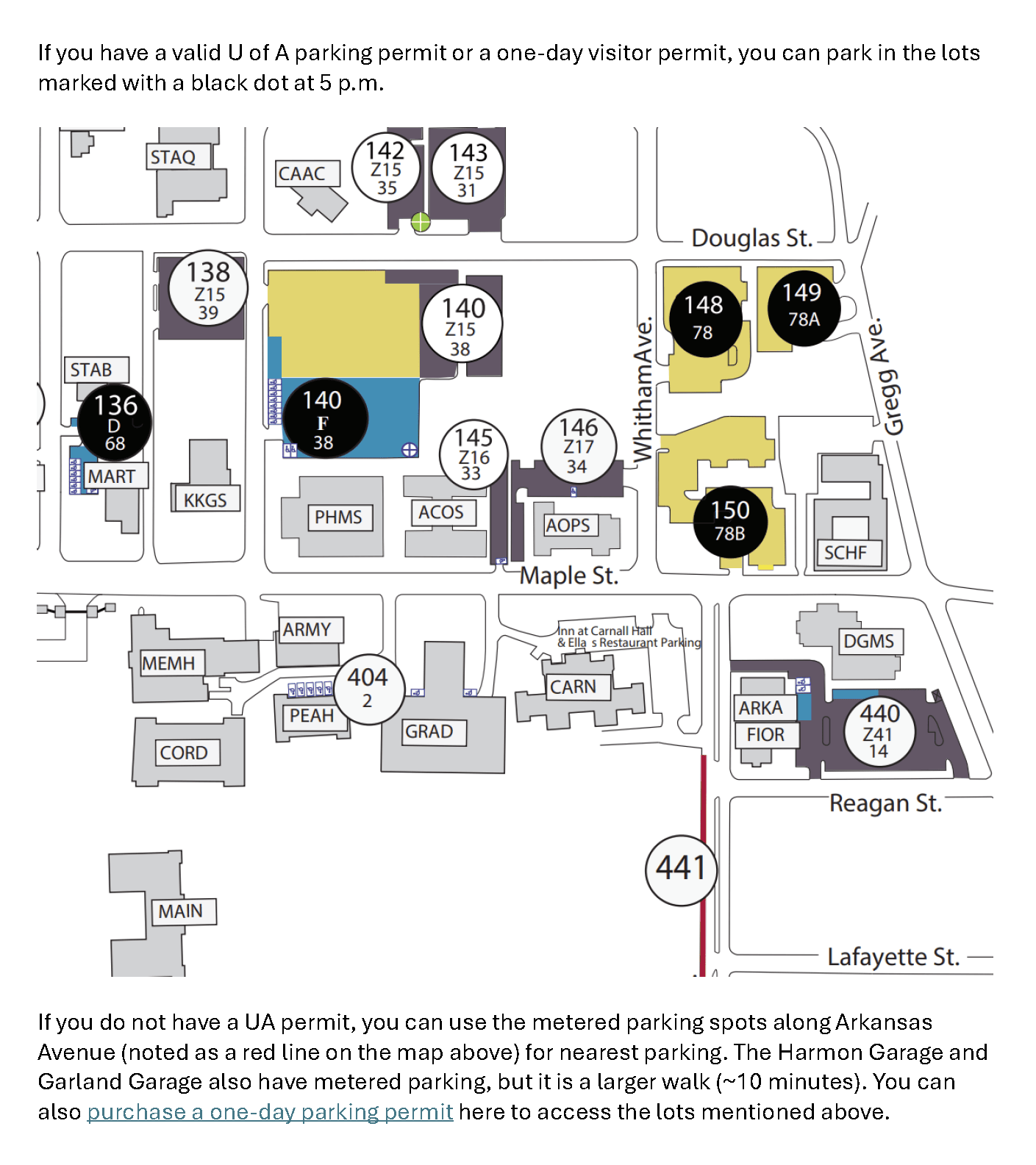 Location: Graduate Education Building Auditorium (Room 163), 751 W. Maple St., Fayetteville
Location: Graduate Education Building Auditorium (Room 163), 751 W. Maple St., Fayetteville
Parking: Evening parking is available in campus lots and decks and some streets (online map and a printable PDF map), but check the posted signs at their entrances for specifics as regulations are enforced.
Online option: The first window in the Zoom link is for registration to see the program live.
Schedule
Program times are in Central Daylight Time.
- 5 p.m. — Reception
- Gather in the foyer for heavy hors d’oeuvres, information about HHPR academic programs and mingle before the symposium
- 6 — Event begins in auditorium
- Welcome and WE CARE Speaker Series introduction
- 6:10 — History of Exercise is Medicine On Campus at UARK
- 6:15 — Barry A. Franklin, Ph.D., FACSM, "Physical Activity and Cardiorespiratory Fitness as Modulators of Health Outcomes: How Much Exercise is Enough?"
- 6:45— Elizabeth A. Joy, M.D., M.P.H., FACSM, FAMSSM, "Exercise Is Medicine: Improving Physical Activity, Healthcare and Health"
- 7:15 — Break
- 7:25 — Discussion panel: "Insights and Opportunities for Exercise is Medicine at the University of Arkansas"
- 7:55 — Closing remarks
Speakers
Barry A. Franklin, Ph.D.
'Physical Activity and Cardiorespiratory Fitness as Modulators of Health Outcomes: How Much Exercise is Enough?'
Dr. Barry A. Franklin is the director of Preventive Cardiology and Cardiac Rehabilitation at Corewell Health William Beaumont University Hospital. He is also a professor of Internal Medicine at the Oakland University in the William Beaumont School of Medicine. Dr. Franklin has contributed greatly to the field of physical activity and health, generating over 700 publications on the effects of activity on cardiovascular risk reduction.
He has received numerous accolades for his work, including fellow status for the American College of Sports Medicine (ACSM) and the American Society of Preventive Cardiology (ASPC) along with several prestigious awards for his teachings and contributions to the field. Dr. Franklin also served as the President of the ACSM in 1999 and the American Association of Cardiovascular and Pulmonary Rehabilitation in 1988.
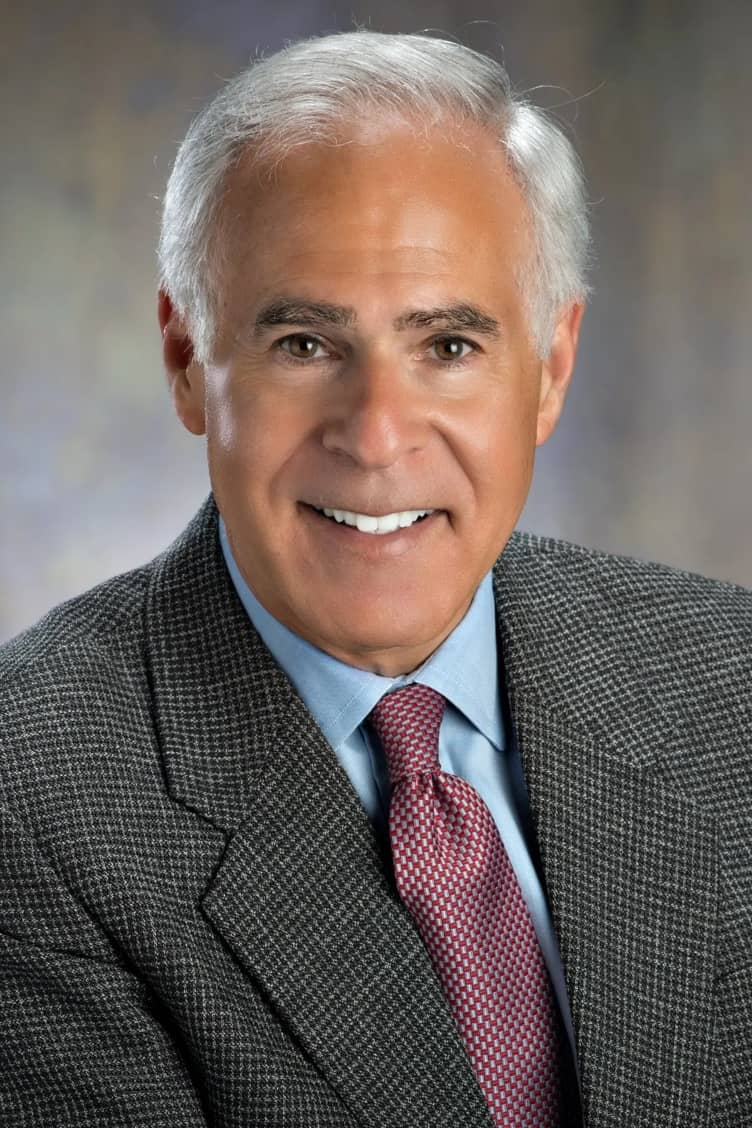
Elizabeth A. Joy, M.D., M.P.H., FACSM, FAMSSM
'Exercise Is Medicine: Improving Physical Activity, Healthcare and Health'
Dr. Elizabeth A. Joy is the chief medical officer for Lore Health. At the University of Utah, she is an adjunct professor in the Department of Family and Preventive Medicine for the School of Medicine and adjunct assistant professor in the Department of Nutrition and Integrative Physiology for the College of Health. Dr. Joy is committed to forging the path connecting exercise and healthcare, and through her work has shown great leadership for the Exercise is Medicine initiative since its inception.
Along with several awards and recognitions for her accomplishments, Dr. Joy continues to share her passion for preventive health through her involvement in several boards, committees, and organizations in the field. Dr. Joy served as the president of the ACSM from 2016-2017 and is the current chair for the Exercise is Medicine Governance Board.
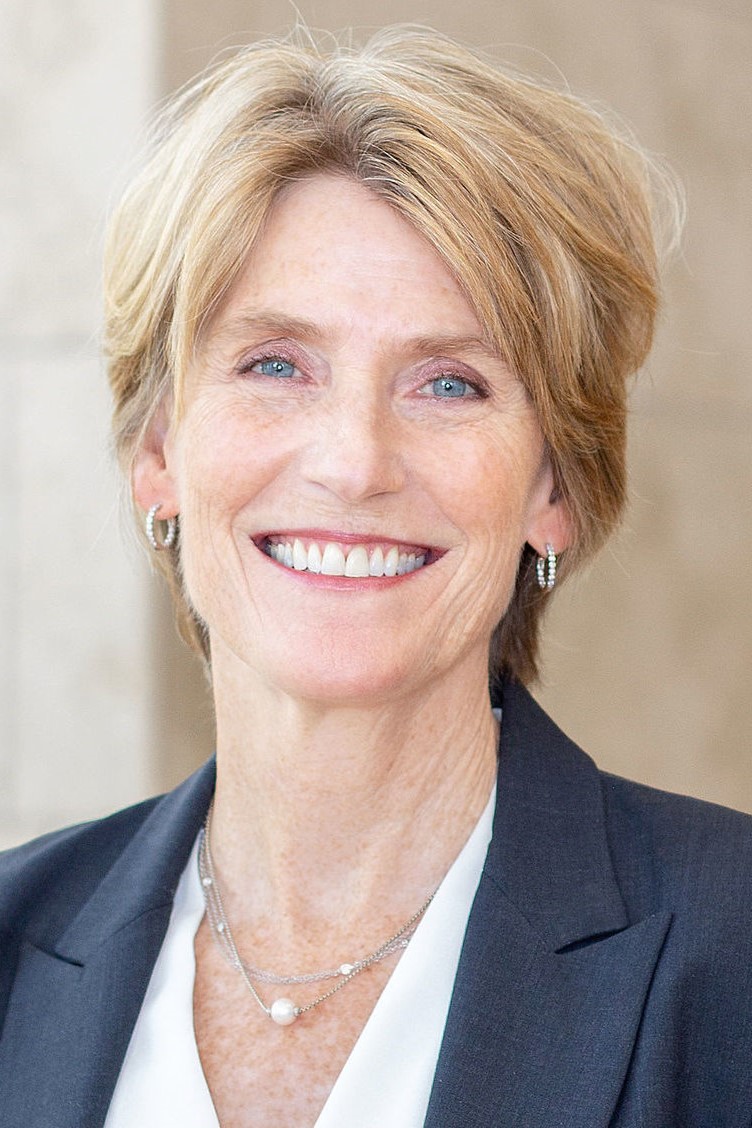
Discussion:'Insights and Opportunities for Exercise is Medicine at the University of Arkansas'
Our Five Panelists
• Dr. Franklin
• Dr. Joy
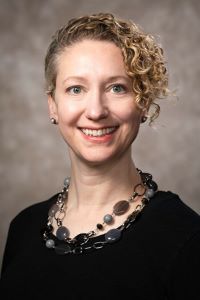 • Debbie Deere, M.D., is a staff physician at the Pat Walker Health Center at the U of A. She completed
her residency training in Family Medicine at the University of Vermont after graduating
from the University of Arkansas for Medical Sciences in Little Rock. Dr. Deere is
the medical director of the UofA Eating Disorder Treatment Team as well as the volunteer
medical director of the Northwest Arkansas Center for Sexual Assault. She is currently
working toward obtaining Certification as an Eating Disorder Specialist (CEDS), and
she has attended many interdisciplinary and international conferences for eating disorder
professionals. Dr. Deere’s practice is weight-inclusive with a non-diet, holistic
framework for health through her collaborations with dietitians, counselors and other
colleagues.
• Debbie Deere, M.D., is a staff physician at the Pat Walker Health Center at the U of A. She completed
her residency training in Family Medicine at the University of Vermont after graduating
from the University of Arkansas for Medical Sciences in Little Rock. Dr. Deere is
the medical director of the UofA Eating Disorder Treatment Team as well as the volunteer
medical director of the Northwest Arkansas Center for Sexual Assault. She is currently
working toward obtaining Certification as an Eating Disorder Specialist (CEDS), and
she has attended many interdisciplinary and international conferences for eating disorder
professionals. Dr. Deere’s practice is weight-inclusive with a non-diet, holistic
framework for health through her collaborations with dietitians, counselors and other
colleagues.
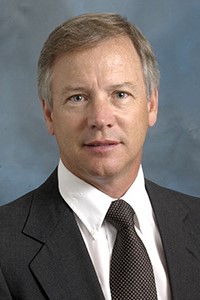 • Larry Durstine, Ph.D., is a distinguished professor emeritus for the Department of Exercise Science at
the University of South Carolina. He also served as the president of the ACSM in 2006
and is the current editor in chief for the Sports Medicine and Health Sciences journal. Dr. Durstine has many roles supporting health-related responses to exercise
and related research, such as the director of clinical exercise programs at the University
of South Carolina and director of cardiac rehabilitation at the University of Toledo.
Throughout his research, he has published numerous studies in the field alongside
several prominent researchers, including Drs. Russel R. Pate, Larry R. Gettman and
Michael L. Pollock.
• Larry Durstine, Ph.D., is a distinguished professor emeritus for the Department of Exercise Science at
the University of South Carolina. He also served as the president of the ACSM in 2006
and is the current editor in chief for the Sports Medicine and Health Sciences journal. Dr. Durstine has many roles supporting health-related responses to exercise
and related research, such as the director of clinical exercise programs at the University
of South Carolina and director of cardiac rehabilitation at the University of Toledo.
Throughout his research, he has published numerous studies in the field alongside
several prominent researchers, including Drs. Russel R. Pate, Larry R. Gettman and
Michael L. Pollock.
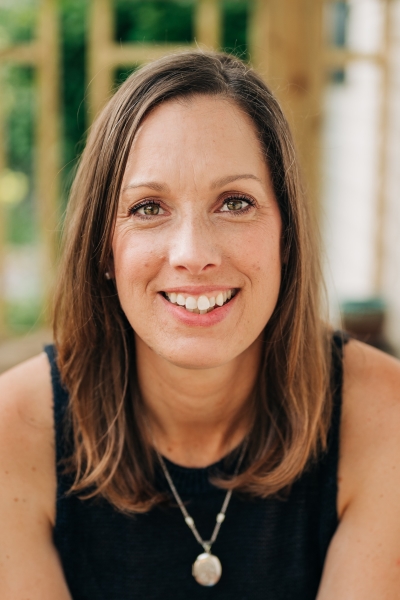 • Becky Todd, M.Ed., serves as associate vice chancellor for student well-being in the U of A Division
of Student Affairs. Her role at the university is key in enhancing the overall student
experience. By focusing on a holistic approach, she aims to integrate the dimensions
of wellness — emotional, spiritual, intellectual, physical, social, environmental,
occupational and financial — into various aspects of student life. Her work is rooted
in supporting the departments of University Housing, Medical Services, Counseling
and Psychological Services, and University Recreation and Wellness. Since joining
the university in 2014 as the director of programs for UREC, she has been dedicated
to promoting student wellness through engaging programs and initiatives. Continuing
collaborative efforts with divisional and institutional wellness strategies emphasize
the importance of a comprehensive support system that addresses the diverse needs
of students, the next few years will be spent integrating outcomes from a recent Student
Well-being Task Force into the fabric of the U of A experience.
• Becky Todd, M.Ed., serves as associate vice chancellor for student well-being in the U of A Division
of Student Affairs. Her role at the university is key in enhancing the overall student
experience. By focusing on a holistic approach, she aims to integrate the dimensions
of wellness — emotional, spiritual, intellectual, physical, social, environmental,
occupational and financial — into various aspects of student life. Her work is rooted
in supporting the departments of University Housing, Medical Services, Counseling
and Psychological Services, and University Recreation and Wellness. Since joining
the university in 2014 as the director of programs for UREC, she has been dedicated
to promoting student wellness through engaging programs and initiatives. Continuing
collaborative efforts with divisional and institutional wellness strategies emphasize
the importance of a comprehensive support system that addresses the diverse needs
of students, the next few years will be spent integrating outcomes from a recent Student
Well-being Task Force into the fabric of the U of A experience.